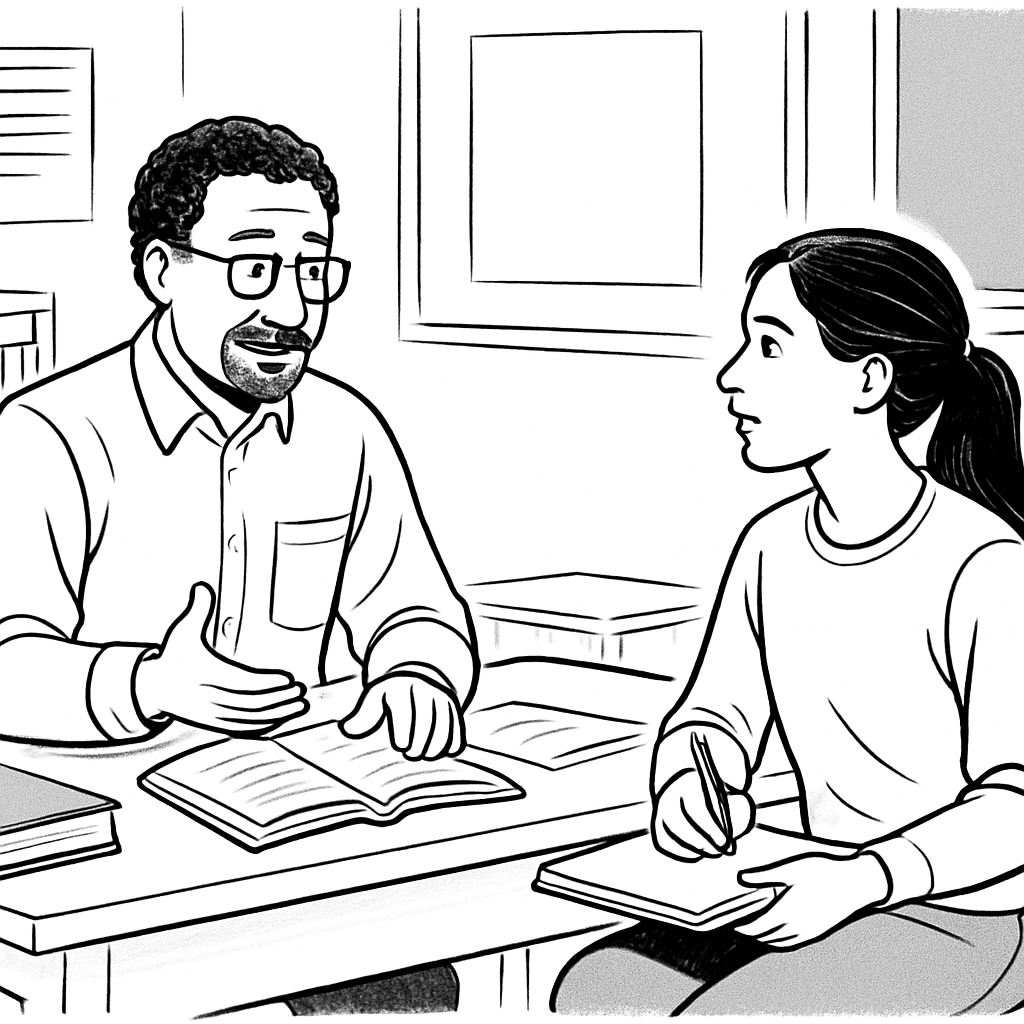Disappointing GCSE results often bring a wave of academic anxiety and concerns about future prospects. For many students, exams represent more than grades—they symbolize progress, potential, and self-worth. While not achieving expected results can feel overwhelming, it’s crucial to remember that academic setbacks are not definitive roadblocks. This article delves into the psychological impacts of poor exam outcomes and offers actionable strategies to rebuild confidence, uncover personal strengths, and chart a path toward future success.

Understanding the Emotional Impact of GCSE Results
Receiving lower-than-expected GCSE grades can provoke a range of emotions, including disappointment, frustration, and anxiety. These feelings are often compounded by external pressures, such as expectations from family, peers, or educators. Academic anxiety stems from fear of failure, diminished self-esteem, and uncertainty about future opportunities.
According to research from the National Health Service (NHS Mental Health Services), excessive stress during adolescence can negatively affect mental well-being, potentially leading to long-term challenges. Understanding these emotional responses is the first step toward addressing them constructively.
Rebuilding Confidence After Academic Setbacks
While disappointing exam results can shake a student’s confidence, they also present an opportunity for growth and self-discovery. Here are strategies to help rebuild self-esteem and shift focus from grades to personal strengths:
- Recognize Your Worth Beyond Grades: Remind yourself that academic performance is just one aspect of your identity. Your talents, creativity, and interpersonal skills hold equal value.
- Focus on Resilience: Use setbacks as a learning experience. Reflect on what went wrong, identify areas for improvement, and commit to a proactive mindset.
- Seek Support: Talk to trusted mentors, teachers, or counselors who can offer guidance and encouragement. Sharing your feelings can help alleviate anxiety.

Exploring Alternative Pathways for Future Prospects
Disappointing GCSE results don’t define your future. Many successful individuals have navigated alternative routes to achieve their goals. Exploring different pathways can open up exciting opportunities:
- Vocational Courses: Consider enrolling in programs that focus on industry-specific skills, such as apprenticeships or technical training.
- Further Education: Resit exams or pursue higher education opportunities tailored to your interests and strengths.
- Passion Projects: Engage in extracurricular activities or hobbies to develop transferable skills and showcase your versatility.
For example, the UK’s apprenticeship program (Apprenticeships Guide on GOV.UK) provides hands-on learning experiences, bridging the gap between education and employment.
Taking Control of Your Future
Ultimately, academic setbacks should be viewed as steppingstones rather than barriers. By focusing on personal growth, exploring diverse opportunities, and maintaining a resilient mindset, students can transform adversity into achievement. Success is not defined by a single exam; it’s a journey shaped by perseverance, exploration, and self-belief.
Remember, every path to success is unique. Disappointing GCSE results can serve as a catalyst for self-awareness, determination, and creativity. Embrace the challenge, and take control of your future with optimism and confidence.
Readability guidance: Use concise paragraphs and lists to highlight actionable strategies. Incorporate transition words such as “however,” “therefore,” and “as a result” to maintain flow. Limit passive voice and ensure accessibility with simple language.


